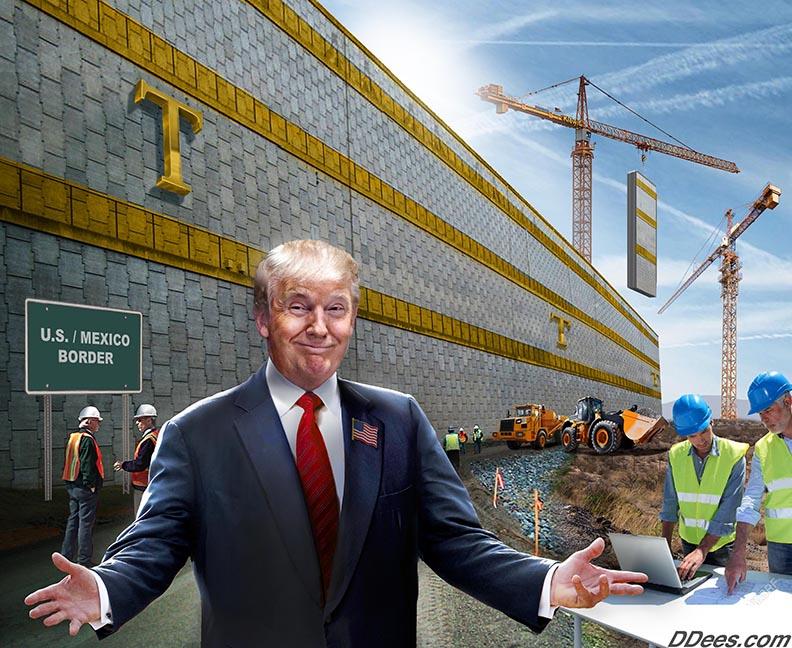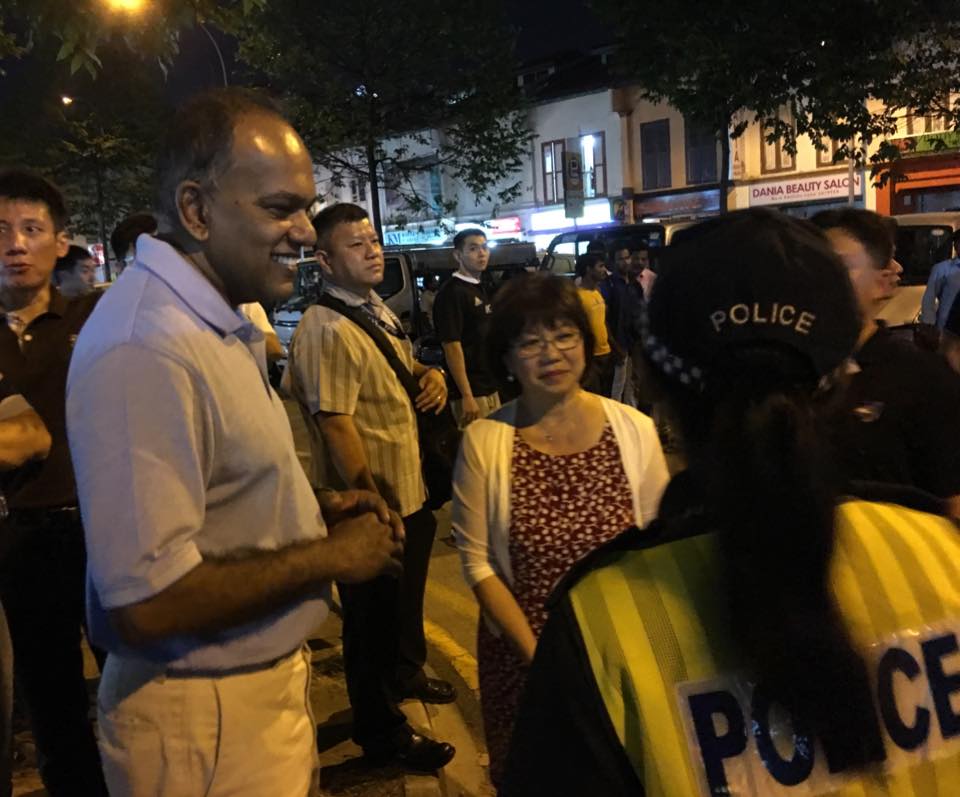Member of Parliament (MP) Denise Phua delivered a speech during the Committee of Supply (COS) debate in Parliament yesterday (April 6).
She, as the Jalan Besar GRC MP overseeing Little India, proposed measures to "to ensure that the Little India riot of December 2013 will not happen again."
She said that "pre-riot crowds have returned to Little India. Congregations of such high density are walking time-bombs and public disorder incidents waiting to happen. It is important that we do not take our eyes off this matter lest we want history to repeat itself."
This comment raised a few eyebrows, including socio-political site The Independent SG:
Further on in her speech, she proposed to ring fence communal areas for residents.This is so as to "protect our residents from the dis-amenities that arise from large gatherings of visitors including foreign workers in the communal areas such as playgrounds, void decks and staircases."
Non-profit organisation, Transient Workers Count Too (TWC2), which provides aid and assistance to low-wage migrant workers also picked up on this comment, which drew negative comments about what Phua said:
Other suggestions raised by Phua
Phua asked that the Ministry of Home Affairs (MHA) form a task force to "mitigate the security and dis-amenity risks of high congestion of visitors to Little India."
The three-term MP called for more planned dialogues with foreign workers, agents, businesses and residents; and suggested for recreational centres to be built outside of Little India to decentralise crowds (presumably foreign workers).
She ended off her speech recognising the role foreign workers play in building up Singapore and also acknowledging their social and leisure needs.
A politician must remember the politics of wordplay, even if her intentions are good
One can somewhat guess what Phua tried to imply.
People who are familiar with crowd management know that large congregations of people can quickly turn destructive for a variety of reasons.
What was wrong was Phua's poor choice of words.
Having a regular large congregation of people anywhere is a potential source of problem - and calling them walking time-bombs certainly will not improve the situation.
As the MP for the area, Phua probably receives complaints from residents about amenities being taken up by the large numbers of foreign workers - which explains her suggestion for ring-fencing certain areas for resident use.
Taking this suggestion on its own, one would immediately think of the most infamous parallel at the moment:

It really does not sit right with people when you say you want to fence out an area against a particular group of people.
If this is actually executed in reality, how would a large congregation of a particular group of people feel if confronted with a fenced-up area they are specifically not allowed to use?
If a sign in the area says 'For Residents' Use Only', who would enforce this exclusivity? Would you want residents chasing people off these areas? What kind of social friction would this create?
But what can Phua do?
It's really between a rock and a hard place for the MP.
Phua rightly pointed out that "the issue is not a Little India locality issue", but "a national issue that can only be solved by carefully balancing the needs of all stakeholders".
Until her suggestion of decentralising foreign workers through the construction of more recreational facilities elsewhere is taken up, the crowds will still descend upon Little India and residents will have to adapt to sharing the over-utilized amenities.
In the meantime, she will have to carefully consider whether she has contributed towards encouraging the Nimby syndrome with the poor choice of words used.
Top image taken from Denise Phua Facebook.
If you like what you read, follow us on Facebook and Twitter to get the latest updates.
If you like what you read, follow us on Facebook, Instagram, Twitter and Telegram to get the latest updates.
